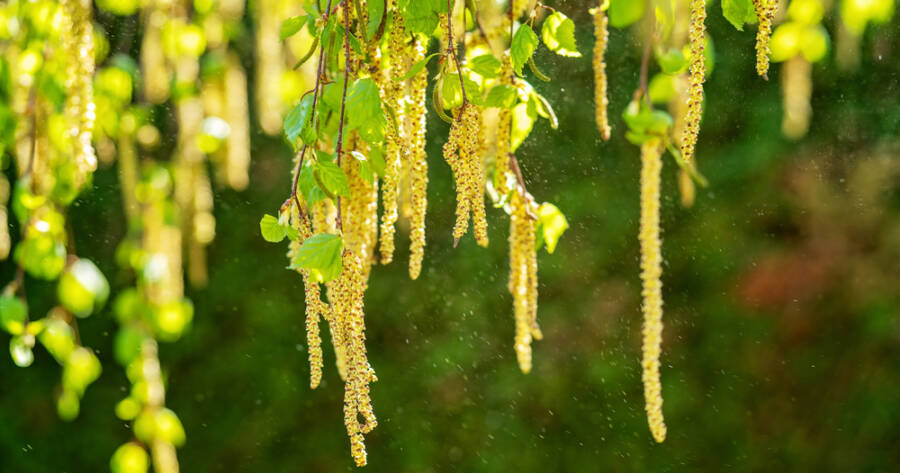As the days grow longer and flowers begin to bloom, summer brings with it the beauty of nature—but also an increase in plant-related allergies for many people. If you find yourself sneezing, itching, or struggling with watery eyes as the weather warms up, you’re not alone. Seasonal allergies, also known as hay fever or allergic rhinitis, affect millions of people every year, especially during late spring and summer when pollen levels peak.
What Causes Plant Allergies?
Plant allergies occur when your immune system overreacts to normally harmless substances such as pollen—a fine powder released by trees, grasses, and weeds to fertilize other plants. When you inhale this pollen, your body may treat it as a threat and release chemicals like histamines, which trigger allergy symptoms.
Common Plant Allergens to Watch For
1. Grass Pollen
Grasses are among the biggest culprits behind summer allergies. Common offenders include:
- Bermuda
- Timothy
- Kentucky bluegrass
- Ryegrass
These grasses release large amounts of pollen, especially on warm, dry, and windy days.
2. Weeds
While often associated with late summer and fall, some weeds start pollinating earlier. Allergic reactions can be caused by:
- Ragweed (a major allergen in North America)
- Pigweed
- Lamb’s quarters
- Plantain
Weed pollen can travel for miles in the air, making it hard to avoid.
3. Trees
Depending on your region, tree pollen can still be high in early summer. Common allergy-triggering trees include:
- Oak
- Birch
- Elm
- Maple
These trees tend to pollinate in spring, but lingering allergens can still be present in the environment into early summer.
Symptoms of Plant Allergies
Plant allergies can manifest in a range of symptoms, which may include:
- Sneezing
- Runny or stuffy nose
- Itchy, watery eyes
- Coughing or wheezing
- Fatigue
- Scratchy throat or postnasal drip
In some cases, allergies can also trigger asthma symptoms or worsen existing respiratory conditions.
How to Treat Plant Allergies
1. Over-the-Counter Medications
The most common way to manage plant allergies is through medications that reduce symptoms:
- Antihistamines (e.g., loratadine, cetirizine, fexofenadine) relieve sneezing and itching.
- Decongestants (e.g., pseudoephedrine) help with nasal congestion.
- Nasal corticosteroids (e.g., fluticasone, mometasone) reduce inflammation in the nasal passages.
Always read labels carefully, and consult a doctor if you have underlying conditions or are taking other medications.
2. Allergy Shots (Immunotherapy)
For long-term relief, allergy shots may help desensitize your immune system to specific allergens. This is particularly useful for people with severe or persistent symptoms.
3. Natural Remedies
Some individuals find relief through natural approaches, such as:
- Nasal irrigation with a saline solution
- HEPA filters in home air systems
- Butterbur or quercetin supplements (talk to a healthcare provider first)
These options can complement medical treatments but should not replace them if symptoms are significant.
Prevention Tips: How to Reduce Exposure
Check daily pollen forecasts and stay indoors on high-pollen days.
Keep windows closed in your home and car, especially in the early morning when pollen counts are highest.
Shower and change clothes after spending time outdoors to remove pollen particles.
Avoid mowing the lawn or gardening during peak pollen times—or wear a mask if you must.
Enjoy Summer Without the Sneezing
Summer should be a time for sunshine, relaxation, and enjoying nature—not constant sneezing and watery eyes. By learning what triggers your allergies and taking proactive steps to manage them, you can spend more time outdoors doing what you love. Whether it’s over-the-counter relief, lifestyle adjustments, or long-term treatments, there are plenty of ways to stay ahead of plant allergies this season.

